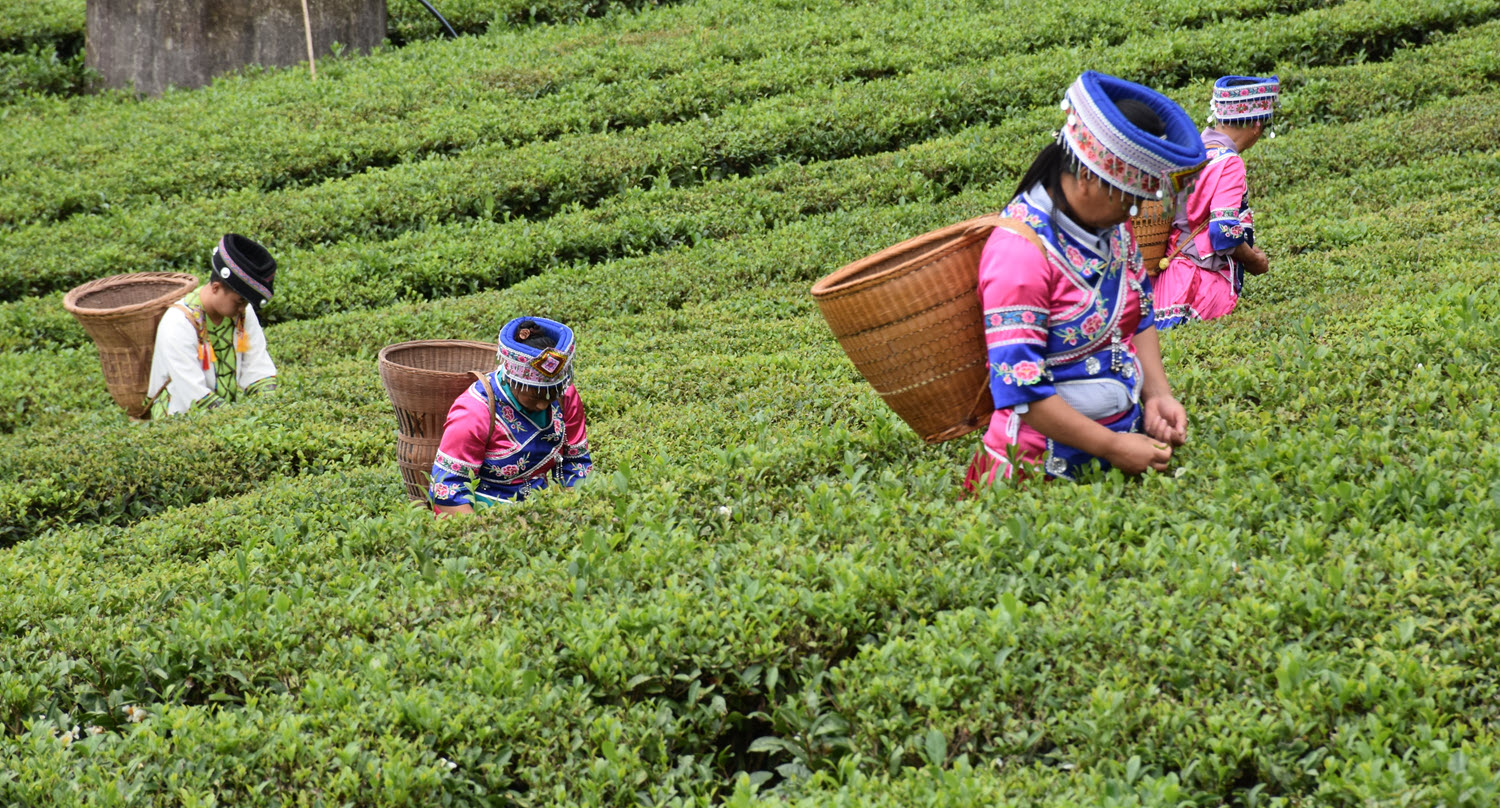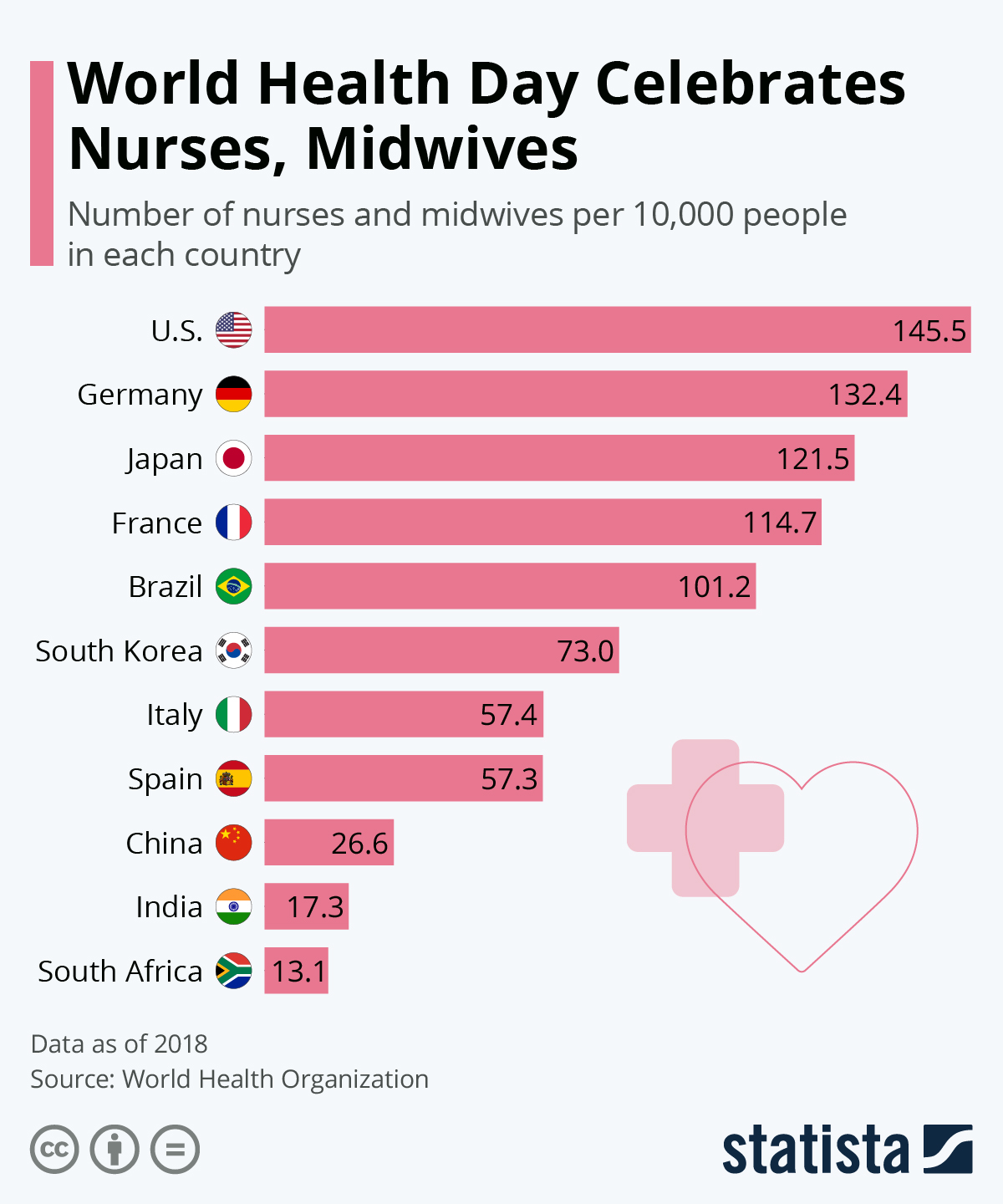Tea industry news for the week of April 6

Closely Monitor Tea Auctions
Tea auction houses are a choke point for black tea transactions globally. The routine flow of commercial grades of tea is in jeopardy as major tea auctions react to the pandemic. Twin threats loom, the first involves gatherings that ensure the safety of participants. The second is the logistics. India’s national lockdown was tragically timed to the onset of the first flush, which observers predict is lost.
The Colombo Tea Traders Association (CCTA) successfully conducted an all-digital auction – a first in 126 years of “outcry” bidding. The pandemic shut down the auction temporarily, halted shipping, and closed factories engaged in processing, blending, and packaging tea. “The tea industry has since regained its composure and momentum, and all its operations are now gradually resuming full capacity islandwide,” according to CCTA. The e-auction runs April 4-6, with samples available for viewing online and for purchase remotely under the guidance of the Colombo Tea Brokers’ Association.
India’s Darjeeling growers earn 40% of their business during March and early April as first-flush teas are rushed to clients in Europe, Russia, Japan, and the US. Plucking had just commenced when India’s prime minister ordered a 21-day national lockdown on March 25. Tea bushes welcome spring with their best quality shoots, which amount to 25% of the crop by volume but bring an estimated $20 million (INRs150 crore), or roughly 40% of revenue. Lost sales are compounded by the fact that by April 15, when the lockdown is scheduled to end, trees will be overgrown, forcing a time-consuming and costly pruning. Darjeeling annually produces about 8 million kilos of tea. That will not be the case in 2020.
The financial losses Darjeeling faces led the Union Home Ministry on April 3 to amend its workforce order to permit gardens to operate with up to half their workers if they enforce social distancing. However, few seem willing to operate processing factories, bought-leaf factories are closed to smallholders, and workers’ unions in West Bengal and Assam strenuously oppose returning to work due to the contagion and limited healthcare. North Bengal accounts for a quarter of India’s 1.3 billion kilo harvest.
Tea Retail
India’s street corner chaiwallahs and tea stand vendors operate without inventory or cash reserves. In the past three weeks, the steady business of supplying office workers has disappeared along with crowded trains and bus stations. At 20 rupees per cup, these workers earn less than $1.50 per day after expenses.
The approximately 1600 US tea shops in all but eight states where residents are now under orders to stay at home, are experiencing dramatic declines in foot traffic. It is hard to profit from small transactions, so Emma’s Tea Spot in Baltimore promoted its curbside pickup and delivery by offering staples as incentives. These include eggs, bread, and toilet paper. Orders are mainly by phone with payment prior to pickup or delivery. No employees come into contact with customers since orders are placed in a sanitized pickup area outside the building.
China Harvest Underway
Saturday (April 4) marked the opening day of the tea harvest in China. Qingming celebrations, which involve traveling to the ancestral homes of urban Chinese, are subdued in many parts of the country this year as more than 3,000 perished amid 83,000 confirmed cases of COVID-19.
Tea harvests in Zhejiang and Anhui Province are in full swing. Harvesting is underway but delayed in Hubei, which is the third-largest producing province and the center of the pandemic.
Yunnan continues to experience a severe drought. Chinese authorities say 1.14 million of the province’s 47 million residents are experiencing difficulties accessing drinking water, along with a quarter of a million head of livestock. Crops covering 180,000 hectares are drought damaged according to the provincial water conservancy department. “At present, 78 rivers in Yunnan have been cut off, 115 reservoirs have dried up, and 99 irrigation wells have an insufficient water supply,” according to a report published by Xinhua News Service.
UPCOMING EVENTS
The European Tea Society is hosting a free webinar on How Pandemics and Climate Change are Affecting the Tea Trade.
On Wednesday, April 8 Elyse Petersen, founder of www.tealet.com, is presetting on Covid19 and how this is impacting working directly with growers. The European Tea Society opened this webinar to anyone. The webinar begins at 2 p.m. EST. Here is the link: https://www.europeanteasociety.org/events/2020/4/8/members-webinar-elyse-petersen-working-directly-with-growers-how-pandemics-and-climate-change-are-affecting-tea-trade.



